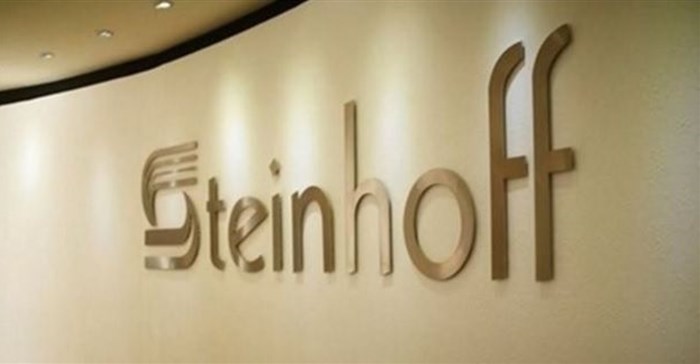
Top stories






More news


Marketing & Media
Ads are coming to AI. Does that really have to be such a bad thing?














She also said that in addition to the 6bn of assets that might not be recoverable, profits might have been overstated and further material impairments might be needed.
In a statement attached to the quarterly update released late on Wednesday, Sonn cautioned that the PwC investigation was still at an early stage. "The task is substantial, complex and time-consuming, involving interaction with Deloitte, third parties, regulators and Steinhoff entities and employees, current and former."
PwC has conducted interviews with current and former executives and has collected raw data from computers, cellphones and servers. A key focus is off-balance sheet structures and transactions with certain closely related parties.
Sonn said that following the events of early December, the group's essential capital, especially in its businesses outside SA, had largely dried up. "The access of our operating businesses to their banking facilities and other credit lines was severely constrained."
The group also announced that Len Konar, Claus Daun, Bruno Steinhoff and Theunie Lategan had all retired from the Steinhoff supervisory board. Hugo Nelson and Alexandra Watson, both with connections to Coronation, one of Steinhoff's major shareholders, have joined the board. Khanyisile Kweyama, Moira Moses, Clive Thomson and Peter Wakkie also joined.
The update revealed the group's retail revenue was down 5% to 4.8bn in the three months to end-December.
Meanwhile, the German media has tracked down e-mails indicating that Steinhoff's accounts were manipulated for more than the three years so far indicated. Suddeutsche Zeitung on Wednesday reported devastating allegations that former CEO Markus Jooste was manipulating the accounts as far back as 2014.
The newspaper described how midway through calendar 2014, Jooste had instructed a manager to charge an additional 100m to a subsidiary in order to adjust profits.
It also appears that Jooste was relying on real estate acquisitions to camouflage accounts that had been manipulated over a sustained period. Some of the items referred to in the e-mails date back to 2011.
Suddeutsche Zeitung said that given the extent of the manipulation it was remarkable that so few doubts emerged before August 2017. The newspaper's research shows that before the crash in December 2017 there were more than 2,000 companies within the Steinhoff group.
"Some of them can be found in the Panama Papers and the Paradise Papers; Steinhoff used a letterbox company in the tax haven Isle of Man as a holding company for participation in a port logistics company in Mozambique and a fruit transporter in Hong Kong," it said.
The paper also revealed that the German prosecutor was investigating several current and former Steinhoff managers on suspicion of misrepresentation of balance sheets, falsification of documents and tax evasion.
Source: BDpro

For more than two decades, I-Net Bridge has been one of South Africa’s preferred electronic providers of innovative solutions, data of the highest calibre, reliable platforms and excellent supporting systems. Our products include workstations, web applications and data feeds packaged with in-depth news and powerful analytical tools empowering clients to make meaningful decisions.
We pride ourselves on our wide variety of in-house skills, encompassing multiple platforms and applications. These skills enable us to not only function as a first class facility, but also design, implement and support all our client needs at a level that confirms I-Net Bridge a leader in its field.
Go to: http://www.inet.co.za